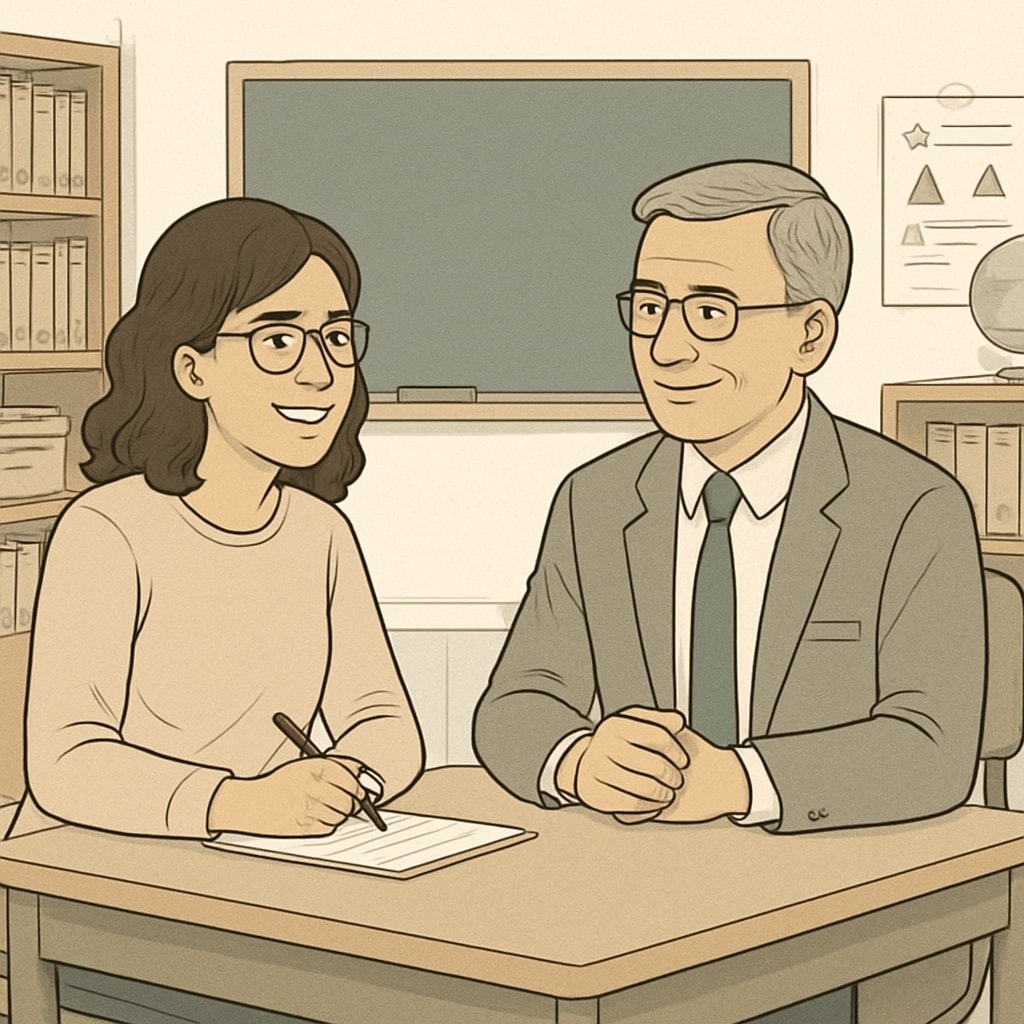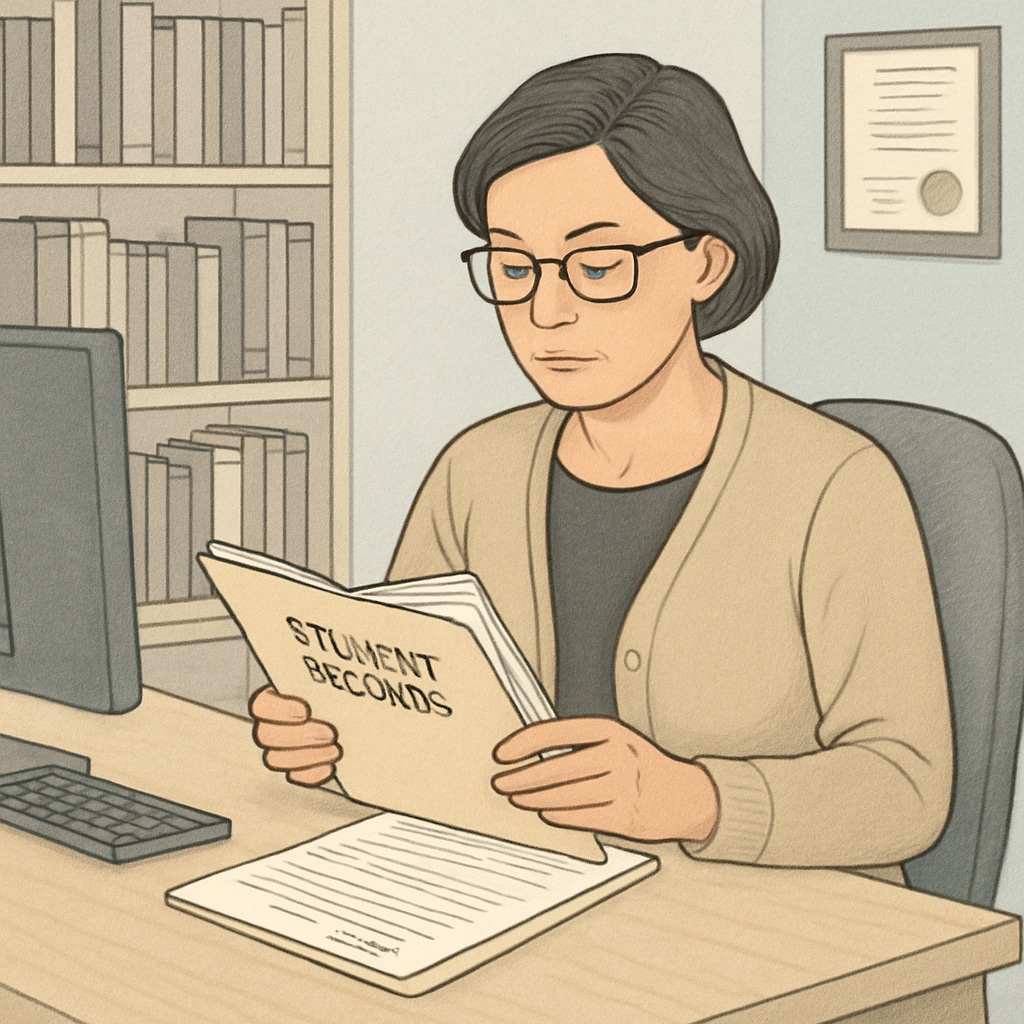Conducting interviews with school counselors is a critical component of many graduate-level assignments, yet finding willing participants can be surprisingly difficult. This challenge highlights a broader disconnect between academic research and the practical realities of education systems. Graduate students often find themselves navigating logistical hurdles, privacy concerns, and time constraints when attempting to connect with these busy professionals. Bridging this gap is essential for fostering meaningful collaboration between researchers and educators.

Why Are School Counselors Hard to Reach?
School counselors operate at the heart of educational institutions, often juggling responsibilities ranging from student mental health to academic advising. Their packed schedules leave little room for external engagements such as interviews. In addition, many schools have strict protocols for allowing outside researchers to interact with staff, often requiring administrative approvals that delay the process. For graduate students, these barriers can be daunting, particularly when deadlines loom.
Another significant factor is the sensitive nature of the work school counselors do. Discussions about student issues, mental health, or behavioral challenges are often confidential, making counselors cautious about participating in research interviews. Without assurances of privacy and clear boundaries, counselors may hesitate to share insights, even with well-intentioned researchers.

Strategies for Graduate Students to Find Interview Participants
Despite the challenges, there are several practical strategies that graduate students can use to improve their chances of finding school counselors willing to participate in interviews:
- Build Professional Relationships: Networking with educators at conferences, workshops, or local school events can help establish trust and open doors to interviews.
- Leverage University Connections: Many universities have partnerships with local schools. Graduate students can seek support from faculty or program coordinators to access these networks.
- Offer Flexibility: Understanding counselors’ busy schedules and offering to conduct interviews during their free time or via virtual platforms can make participation more appealing.
- Ensure Confidentiality: Clearly articulate how sensitive information will be handled and anonymized to ease counselors’ concerns.
The Importance of Bridging the Gap
Connecting researchers with school counselors goes beyond just fulfilling academic requirements; it’s about creating a bridge between theory and practice. Insights gathered from real-world practitioners can enrich research, leading to more actionable recommendations for improving educational systems. For example, studies informed by counselor interviews may better address student mental health challenges or develop strategies for improving academic outcomes.
Educational institutions and universities should consider implementing programs that facilitate collaboration. Initiatives such as mentorship programs, research partnerships, or even centralized databases of willing participants can help streamline the process for graduate students while respecting the time and privacy of school counselors.
Learn more about school counseling on Wikipedia and explore the role of counseling on Britannica.
As a result, addressing these challenges not only benefits graduate students but also fosters a shared understanding that can drive positive change within education systems.


